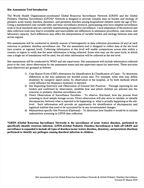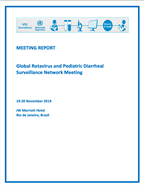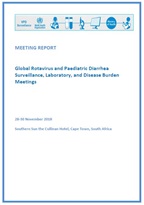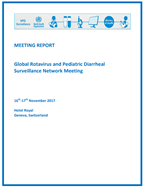Rotavirus laboratory network
The Global Rotavirus Laboratory Network (GRLN) is a fundamental component of the WHO-coordinated Global Rotavirus Surveillance Network designed to conduct high quality diagnostic testing for rotavirus diarrhea and characterize the most prevalent strain genotypes in different countries and regions.
As of December 2018, the network includes 55 countries including 186 laboratories located globally; there is a total of 108 sentinel hospital laboratories (SHL), 69 national and provincial laboratories, 8 Regional Reference Laboratories (RRL) and one Global Reference Laboratory (GRL). All SHL laboratories have reached high level of performance in rotavirus diagnosis, and genotyping is performed at the national and regional reference laboratories.
Substantial progress has been made in expanding the reach of the GRLN, developing standardized data collection procedures and guidelines and implementing quality assurance /quality control systems to ensure that high quality laboratory data is collected through the WHO rotavirus surveillance network. A global external quality assessment program has been developed in coordination with the GRL at the Centers for Disease Control and Prevention (CDC) in Atlanta to monitor laboratory performance in the network. Among the rotavirus laboratories that participated in the external quality assessment (EQA) exercise in 2018, 106 of the 108 (98%) laboratories passed the enzyme immunoassay (EIA) exercise to identify rotavirus. Among the laboratories that have genotyping capacities, 54 of the 57 (95%) laboratories passed the genotyping exercise.
Regional rotavirus molecular laboratory trainings were conducted in 2019 to increase country level capacities. The scientific program included training on basic rotavirus diagnosis by EIA and molecular techniques, including polymerase chain reaction (PCR) for diagnosis and genotyping.
Related links
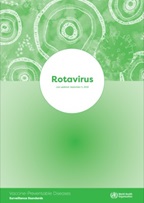
Rotavirus: Vaccine Preventable Diseases Surveillance Standards
Rotavirus, a member of the reovirus family, causes watery diarrhoea, vomiting and severe dehydration in young children. Rotavirus is common, accounting...

